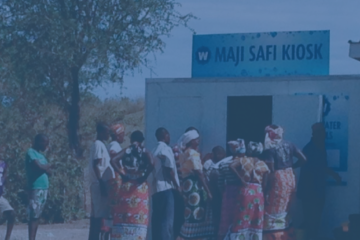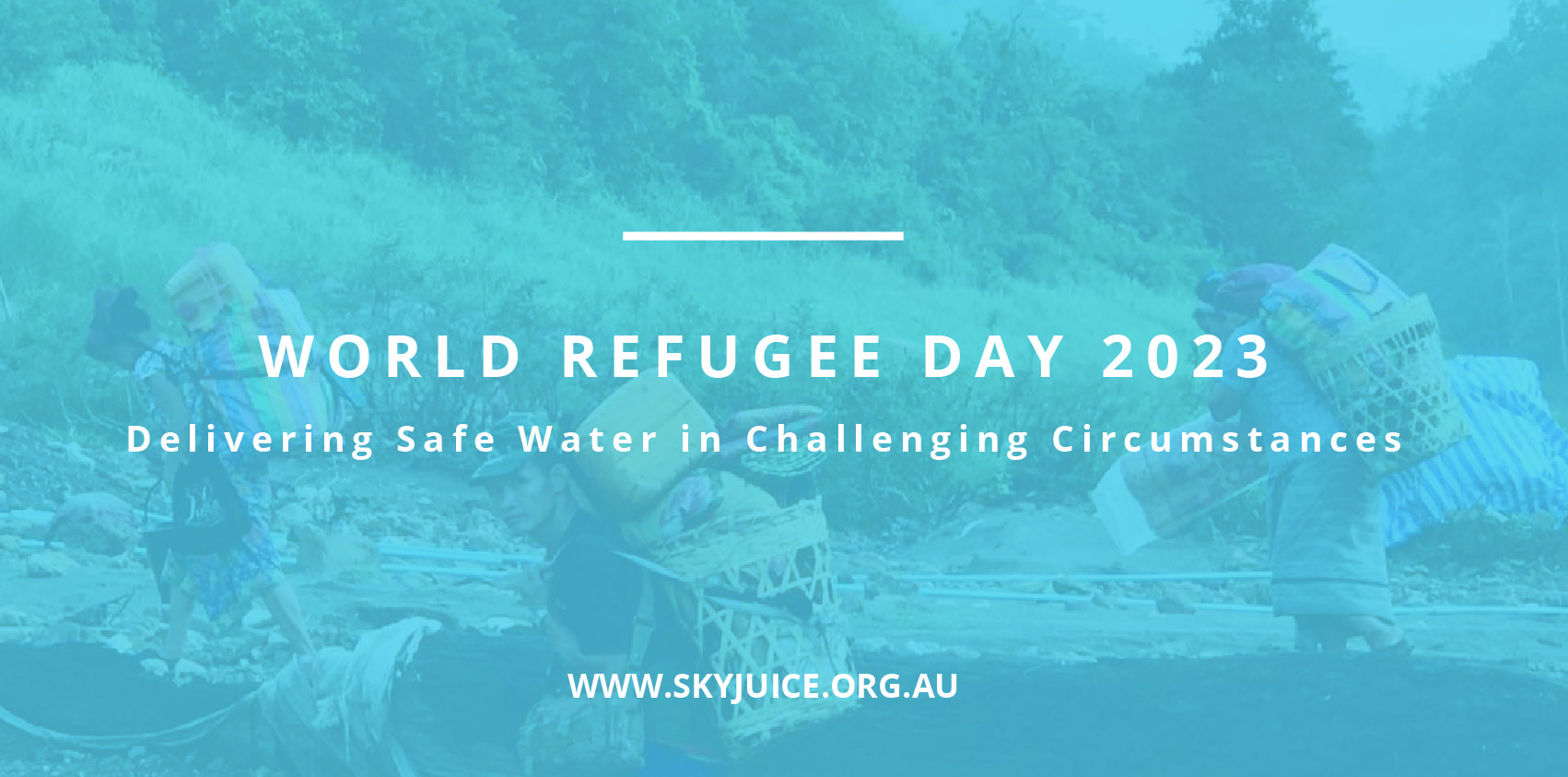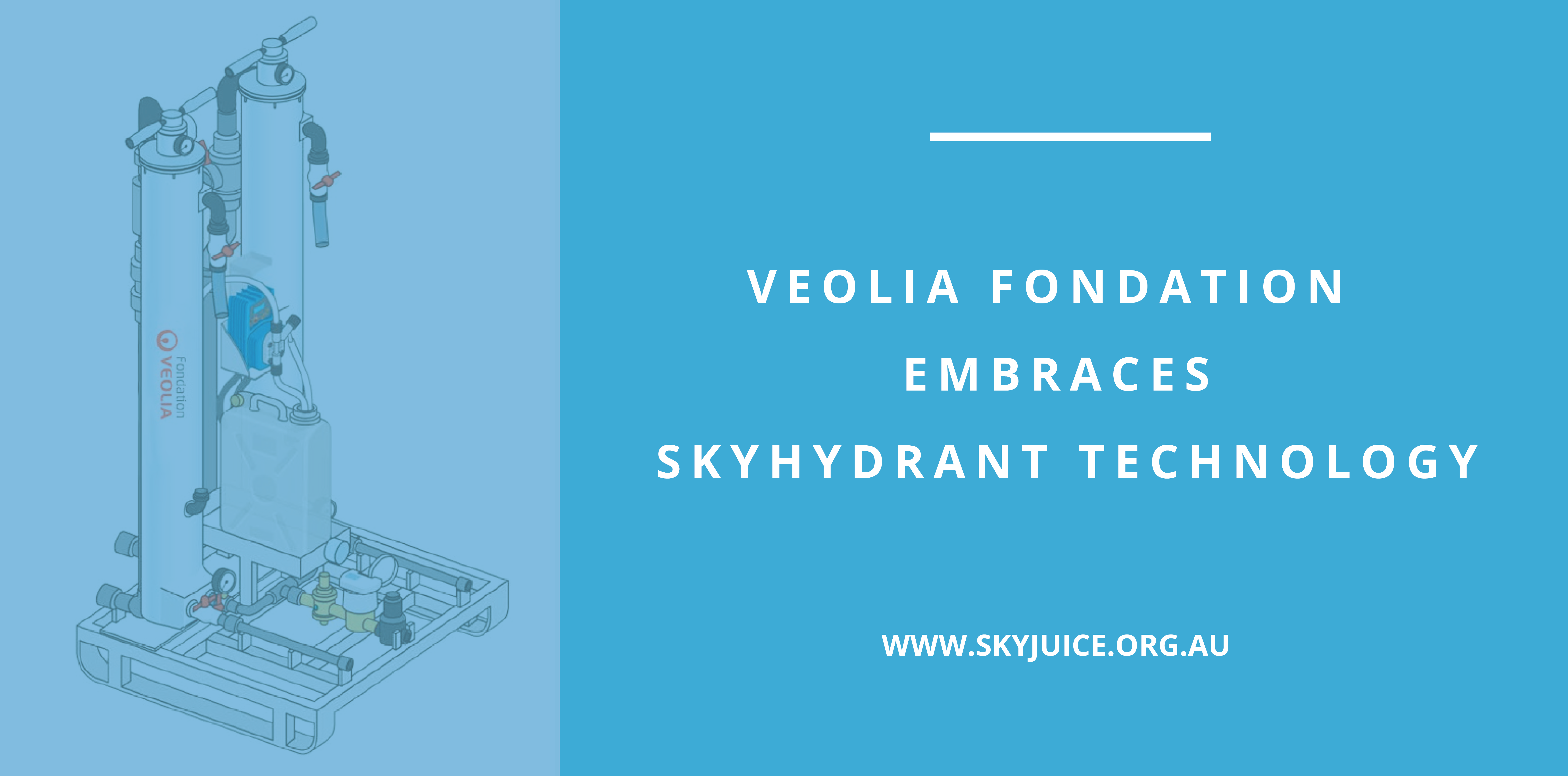Previously I have discussed the Sustainable Development Goals and the need for action. I am frequently asked do we need more applied research to solve all these problems or is it just a matter of money?
The answer, of course, is yes to everything. But that doesn’t address the issue of progress to solve the water and sanitation issues. In some cases, there is ample technology but not enough application or innovation. Importantly, we must apply technology in the right context.
There are social and cultural issues that require creative thinking to overcome perceived conceptions and real reluctance to accept new technology and solutions. It seems to me that the present generation wants innovative solutions for water supply and treatment as a desirable goal. When I think of the Stockholm Water Prize (SWP) and the Junior Water Prize as well the Industry Water Prize, it is fitting that this year has the theme of Water for Society. Having been involved in and attended quite a few SWP events and prizes, I am always encouraged by the overall level of enthusiasm, creativity and social awareness.
It is most encouraging to see that humanitarian innovation is front and centre in recent announcements and local initiatives here in Australia.
Global climate change and ongoing refugee crises again highlight that the global demand for both humanitarian and development assistance is on the rise. With growing humanitarian needs and limited funding, innovative solutions are vital to assist the most vulnerable groups with new, efficient and appropriate solutions. The recently announced “Professor Ron Johnston Humanitarian Innovation Awards”, commencing in May/June 2019 is a very timely and excellent initiative.
The Warren Centre has just launched these in conjunction with RedR Australia and the University of Sydney. There will be annual events funded for five years and hopefully for longer. Australia’s first ever Humanitarian Innovation Hackathon will encourage and reward university students to create cutting-edge solutions that could save lives and make a positive impact on people around the world.
In addition, there will be the Humanitarian Innovation Pitch. This contest is for university students who seek to develop innovative technological or engineering solutions that support human welfare through benevolent treatment or assistance to people for substantially altruistic reasons. Students, either individually or in teams, are encouraged to select a real-world humanitarian problem and develop technology-based solutions.
Encouraging our youngest and brightest minds seems like a “no-brainer” to me and I eagerly await updates. I also look forward to the large international aid organizations picking over these solutions and potentially rolling some out as quickly as possible. We need a nation and world of young innovators who care and who can convince the world to care.
Footnote: It was most pleasing to see that SkyJuice Founder, Rhett Butler AM has been recently awarded Alumni of the Year 2019 from the University of Sydney for Humanitarian Services. A good example of how applied innovation and small organization of likeminded individuals can deliver meaningful technology outcomes.


